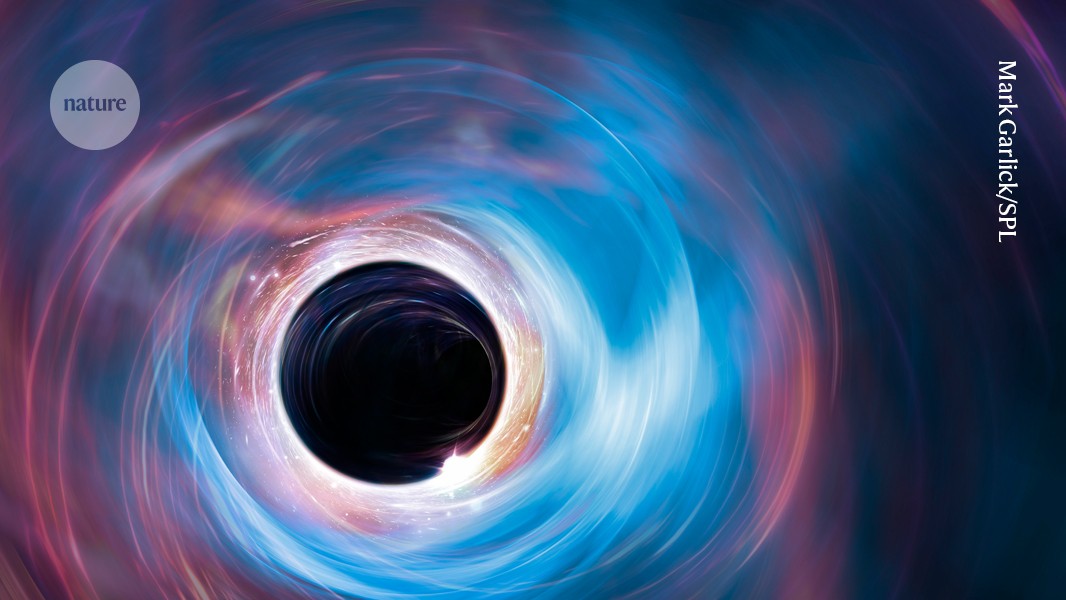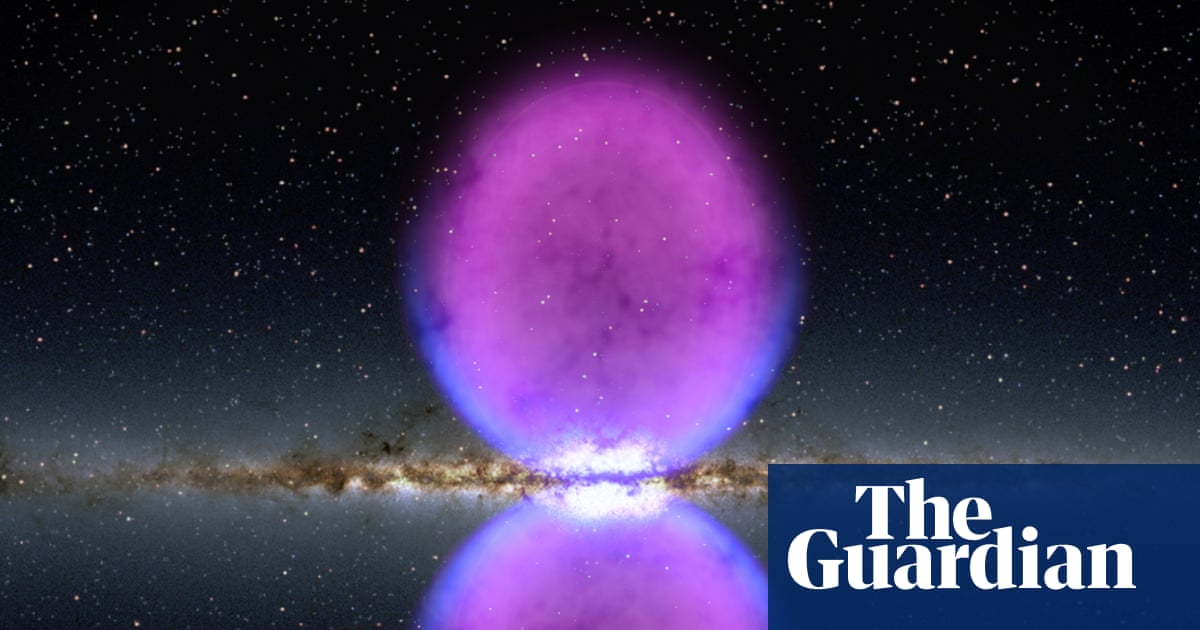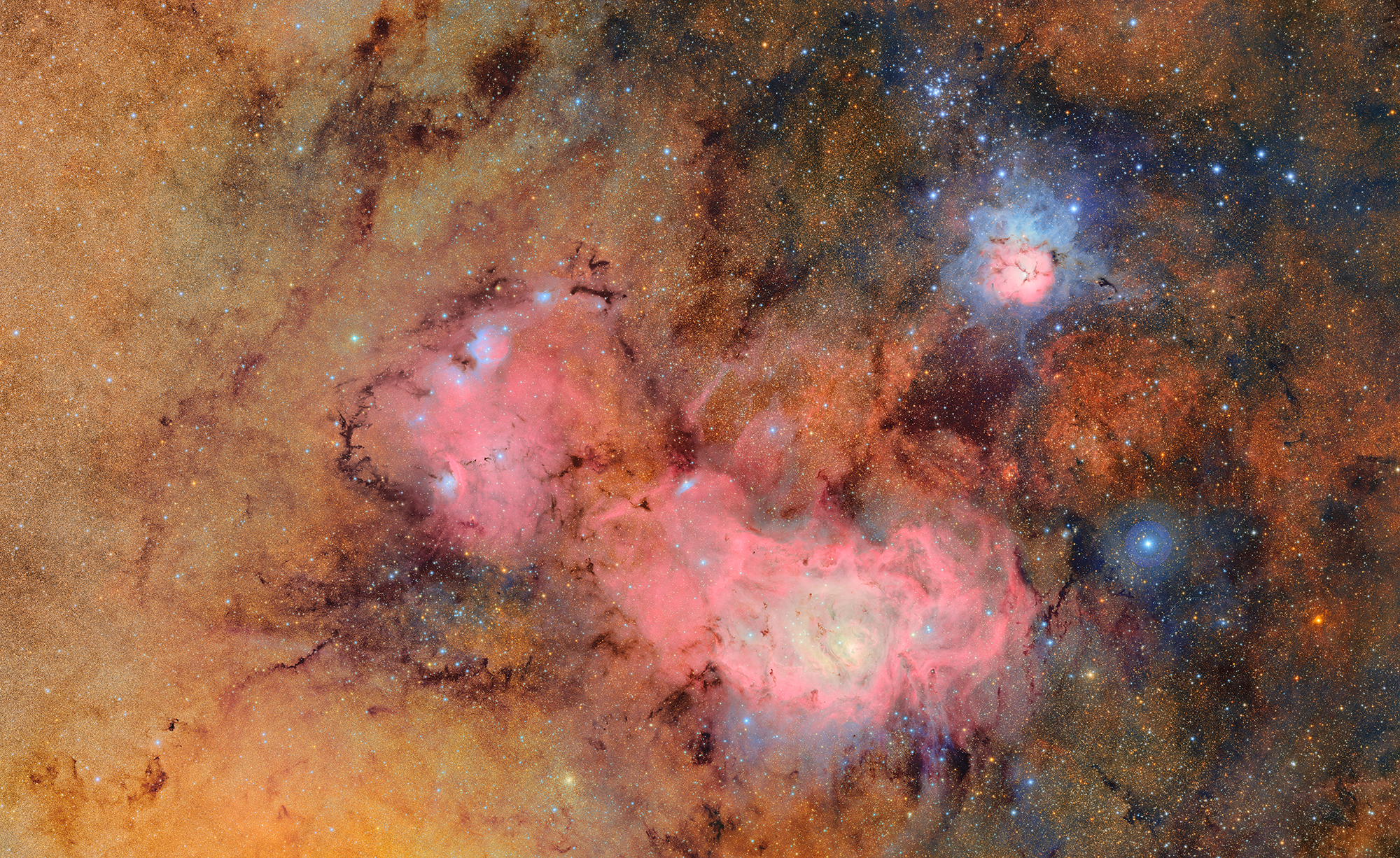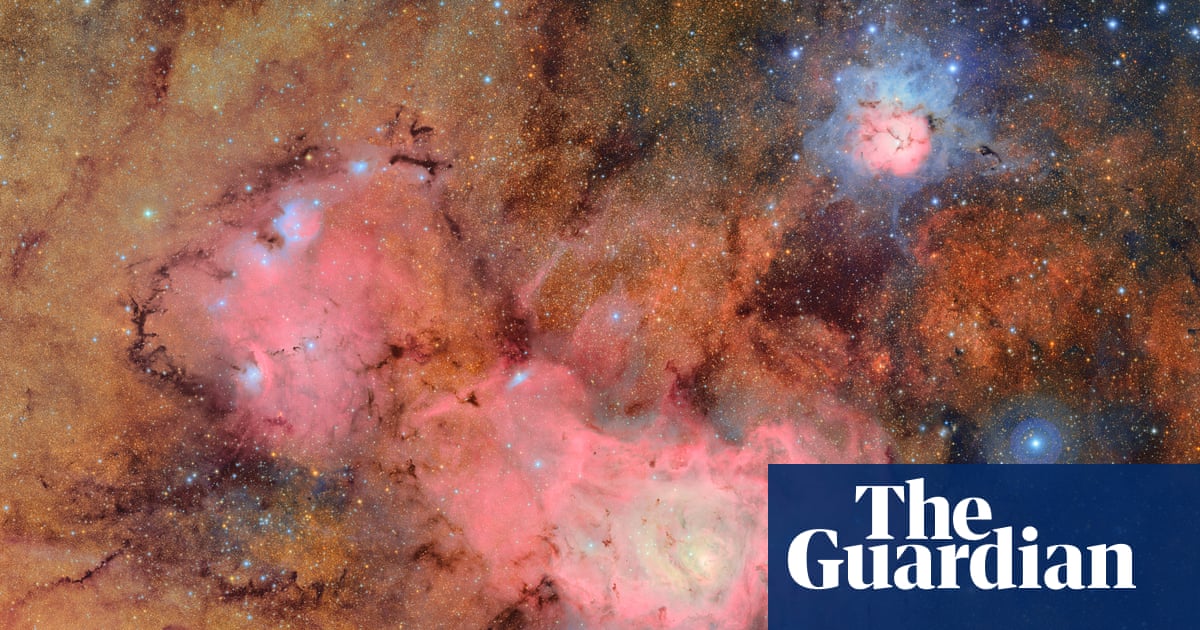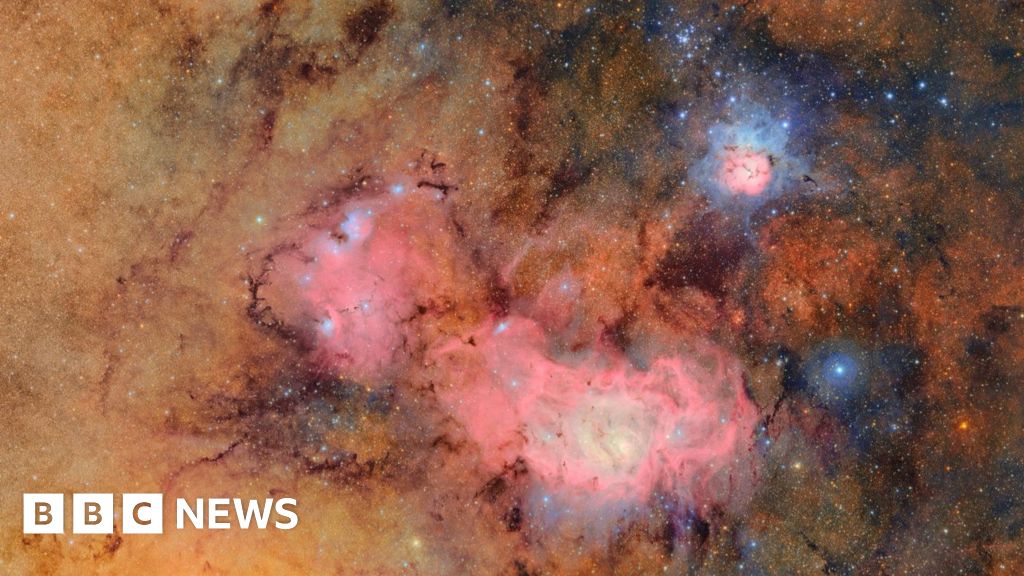OMG science
fromBig Think
2 days agoDid Hubble's new "dark galaxy" kill modified gravity?
Dark matter, an undetected particle form distinct from Standard Model particles, dominates the Universe's matter content and is essential for explaining cosmic structures, though recent discoveries like CDG-2 present new puzzles about satellite galaxy formation and dark matter's nature.





